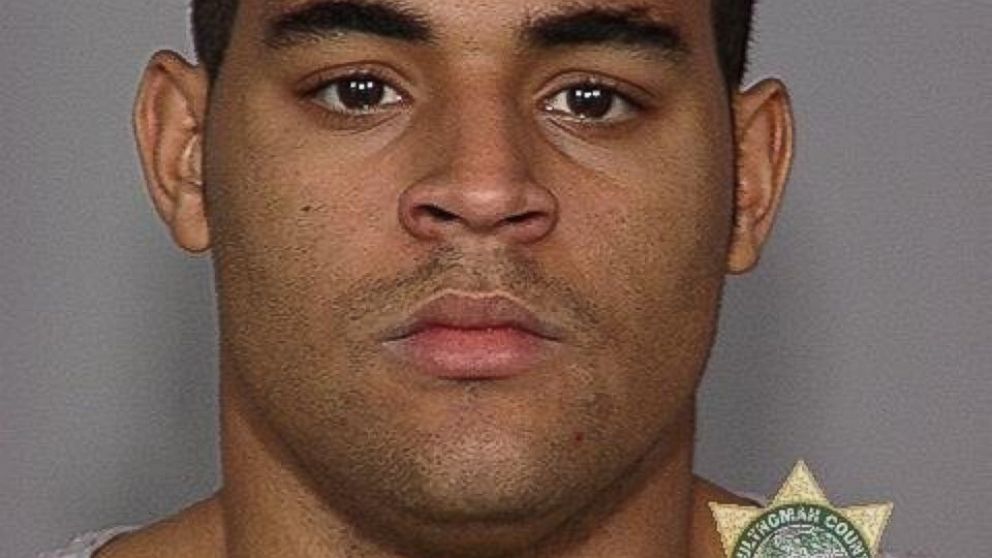Stranger Gives Defendant $983 in Courtroom so He Doesn't Become Felon

— -- A Portland man received $983 from a stranger with a big heart so that a court wouldn't declare him to be a felon.
Though the two were strangers to each other, civil attorney Colin Murphy overheard a defense attorney and prosecutor talking about a different case that was 15 minutes before his last week, the Oregonian reported.
"I've never experienced anything like this, not for even a smaller amount," the defendant's attorney Lawrence Taylor told ABC News today. "This is unique and I’ve been practicing for 22 years."
Murphy typically covers business disputes, but he still understood that the defendant was about to miss a plea deal that would allow him to be sentenced with a misdemeanor instead of a felony.
Defendant Castor Majuro Conley bought a Nissan pickup truck from a thief, then sold it to someone else who sold it to a scrap yard, police reports allege. Conley, married with a 17-month-old child, couldn't come up with the $983 required to pay restitution to the car's owner. So, Murphy decided to step in, as the Oregon State Bar prohibits an attorney from giving or loaning money to a client.
While Murphy wanted to make sure that giving Conley $983 would be permitted, Taylor told the judge, "I think we’ve worked it out."
"He handed a personal check to me that day," Conley's attorney Taylor said of Murphy. "I had never seen or heard of him."
As for Conley, he was "stunned and in disbelief," Taylor said.
Conley has one misdemeanor conviction on his record, a fourth-degree assault in 2011, the Oregonian reported. A more serious felony charge could have cost Conley his job and future employment prospects, plus rental housing.
"He teared up a little bit during the sentencing and when he spoke to the judge. Only time will tell if it had the response that he needs -- that is whether he will do something with his life that will justify it," Taylor told ABC News.
Will Conley pay Murphy back?
"He’s not guaranteed anything except an enormous amount of unwanted attention, though the judge told my client that he ought to pay him back," Taylor told ABC News.
Conley and Murphy could not be reached for comment.
“All of us sometime in our lives have done something we would rather not have done,” Murphy told The Oregonian. “And the time will come when perhaps we are going to be held accountable. And I think at that point we would like to have somebody show us mercy.”



